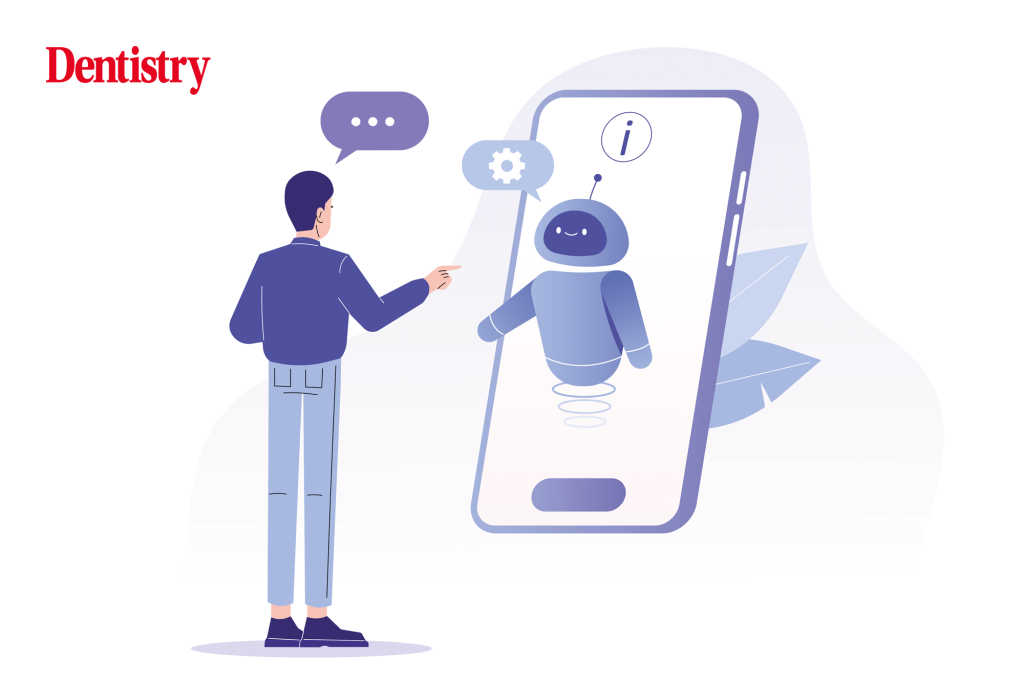The development of digital technologies opens up new horizons for gaming platforms. In online casinos, AI is becoming not just an auxiliary tool, but a full-fledged driver of the iGaming sector’s transformation. Its implementation affects player behavior, operator strategies, service security, and the overall dynamics of the industry.
Machine Learning in Casinos: The Key to Platform Adaptability
One of the most significant areas of technology implementation has been the analysis of player behavior using algorithms. AI in online casinos is used to process vast amounts of data, allowing platforms to tailor their offerings to user preferences. Machine learning enables the personalization of content, from slot selection to bonus offers. These decisions are based on the analysis of gaming sessions, activity time, and even betting types.
The use of machine learning in casinos not only helps operators retain users but also allows them to predict potential risks associated with gambling addiction. Predictive models make it possible to identify deviant behavior in advance, signaling the need for intervention.
Chatbots and Voice Assistants: AI-Powered Communication in Online Casinos
 Communication technologies are also undergoing changes. In online casinos, AI is actively used to create chatbots that can respond to requests 24/7, help with navigation, and even handle simple financial transactions. Intelligent assistants are shaping a new culture of interaction between users and platforms.
Communication technologies are also undergoing changes. In online casinos, AI is actively used to create chatbots that can respond to requests 24/7, help with navigation, and even handle simple financial transactions. Intelligent assistants are shaping a new culture of interaction between users and platforms.

Casino chatbots are trained on large amounts of linguistic data, recognizing not only common questions but also complex and emotionally charged interactions. This reduces the burden on customer support, minimizes wait times, and increases trust in the operator.
The Benefits of AI in Combating Online Casino Fraud
Another important trend is the use of AI technology in iGaming to improve security. Algorithms that detect suspicious transactions, multi-accounts, and abnormal behavior are making the industry more resilient. AI-powered online casinos use automated systems to monitor player behavior in real-time, blocking any attempts to violate the rules.
These measures are particularly effective in combating fraud and money laundering, which remain critical issues in the online gambling industry. By integrating artificial intelligence into online casinos, operators can reduce the risk of legal claims and comply with regulatory requirements.
Innovations in game product development
Modern gaming solutions are increasingly being created with the involvement of AI. Developing games with AI allows not only to improve graphics and mechanics, but also to create adaptive gameplay. The behavior of opponents, the frequency of bonuses, and even the story logic can change depending on the player’s activity.
In addition, AI is used in A/B testing of new slots, which speeds up the development cycle and helps to adapt products to the market in a timely manner. Such innovations reduce costs and increase audience engagement.
Transforming the user experience
The influence of AI extends to the visual component of the interface. Modern algorithms allow for the customization of elements, colors, and even animations based on individual user preferences. This approach fosters emotional attachment and reduces the likelihood of churn.

The key feature is that AI in online casinos can recognize a player’s emotional state based on their behavior patterns. This opens up opportunities for implementing responsible gaming solutions, such as gentle reminders about session time or suggestions for taking breaks.
AI Tools Used in Online Casinos
Today, gambling platforms have dozens of AI-based technological solutions in their arsenal. The most commonly used ones are:
- predictive analytics systems for assessing the likelihood of addiction;
- algorithms for facial recognition and document verification;
- NLP-based chatbots for 24/7 support;
- dynamic bonus mechanisms with personalization;
- intelligent frameworks for combating multi-accounting.
Each of these tools increases the operator’s credibility, reduces staff workload, and accelerates business processes.
AI and marketing: strategy automation
Marketing teams are also actively using AI in online casinos to optimize interaction with the audience. Algorithms segment players by interests, analyze behavior, and form personalized suggestions.
Artificial intelligence-based systems in online casinos can also analyze conversion funnels and suggest optimal points of interaction. In this way, a synergy is achieved between technical capabilities and marketing objectives.
The main directions of AI application in iGaming
Широкое распространение алгоритмов в индустрии азартных игр обусловлено высоким уровнем конкуренции. Наиболее распространенными сферами внедрения считаются:
- automatic verification and risk assessment;
- creation of personalized bonuses;
- prediction of players’ behavior;
- development of complex game scenarios;
- monitoring of compliance with the law.
Thus, AI covers both the user and operator sides of the platform, creating new standards for online casino services.
The Future of AI in Gambling: Between Innovation and Regulation
The iGaming sector continues to transform. Analysts’ forecasts confirm that the role of AI will only grow stronger. Regulators are setting increasingly stringent requirements for algorithm transparency. The tension between innovation and legal control requires a balanced approach.
In the long term, the future of AI will be determined not only by technological capabilities, but also by how transparently and responsibly platforms use intelligent algorithms.
Conclusion
 The integration of AI into online casinos is changing the way platforms operate, transforming interfaces, enhancing security, and increasing accountability in the industry. Machine learning, chatbots, predictive analytics, and automated marketing are shaping a new reality for gambling. Artificial intelligence is becoming a key factor in sustainability and development.
The integration of AI into online casinos is changing the way platforms operate, transforming interfaces, enhancing security, and increasing accountability in the industry. Machine learning, chatbots, predictive analytics, and automated marketing are shaping a new reality for gambling. Artificial intelligence is becoming a key factor in sustainability and development.
 en
en  ru
ru  de
de  ar
ar  es
es  nl
nl  fr
fr  it
it  pt
pt  hi
hi  el
el 









